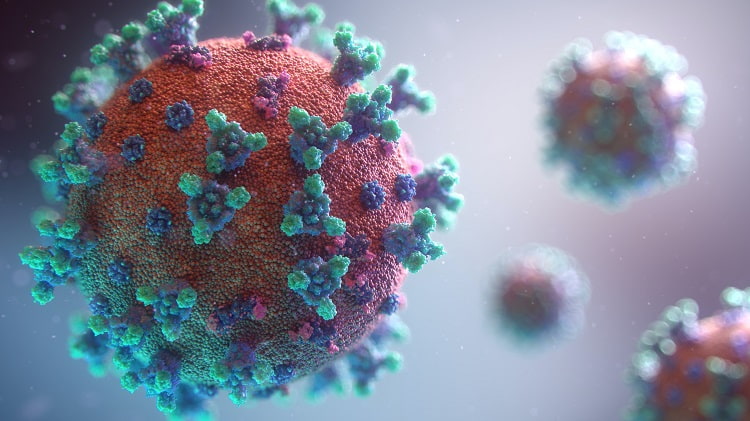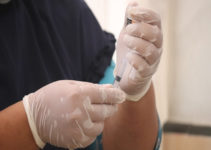It is true that the covid infection is causing a lot of problems in the human body. A lot of healthy parts are also getting affected because of this. It can be very frustrating to feel sick even after the symptoms of Covid 19 have been gone, but some other problems persist or have taken place. All the symptoms can not be seen in everyone but in the majority of people, there are some symptoms that can be seen and the scientists have termed it as long Covid. A condition that will be with the patient even when they are cured of the coronavirus.
The research had been done on some of the people. They had taken their time to do this research diligently. There was a pattern that was emerging out of the patients that had been affected by the coronavirus. It is indeed strange that such a pattern was not noticed before but even when it was noticed, it took some time to relate all of them back to it.

Some people have problems hearing, and maybe most of them do not even notice it. An inner ear infection is commonly seen in people who have stated that they have had the coronavirus and recovered from it.
“Our findings in the matter suggest that inner ear infection which can be found in many patients may be a significant cause of COVID-19 and this had been associated in the realm problems with hearing and balance,” they wrote.
“We are still keeping on the research as we still do not know about what the incidence is, but in the matter of the fact, we had the findings that show to us that there is a call for increased attention to audiovestibular symptoms in people who had been affected by the Covid 19 exposure,” they noted.
More research needs to be done regarding this. We do hope that this gets solved soon and we can say for sure what is the main reason behind this. This is all for now. We will keep you updated on the news.


